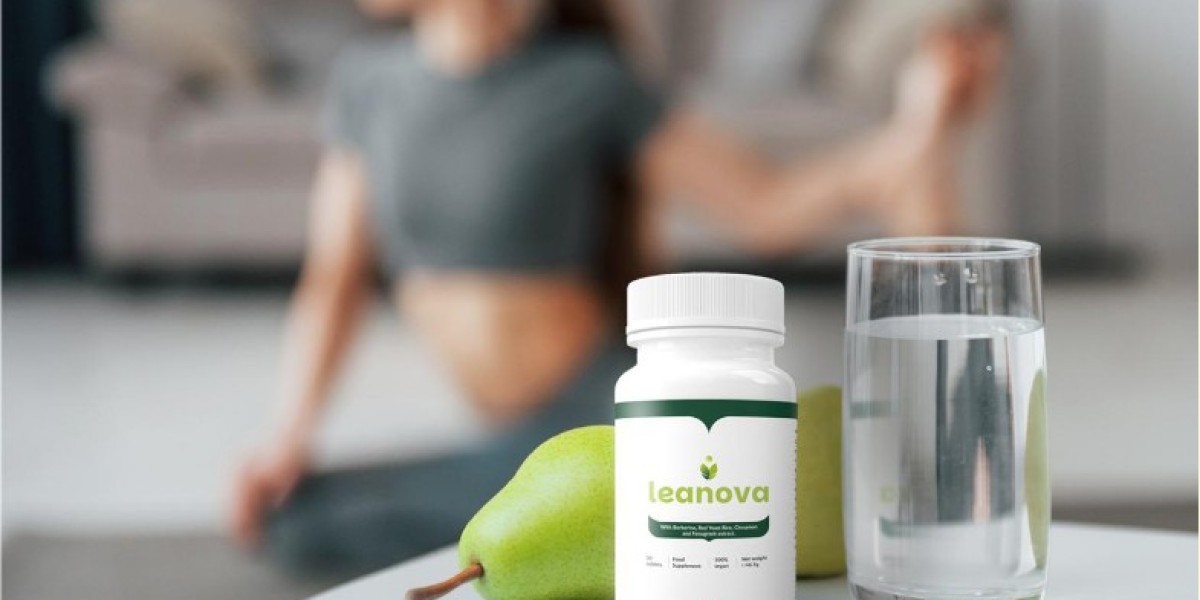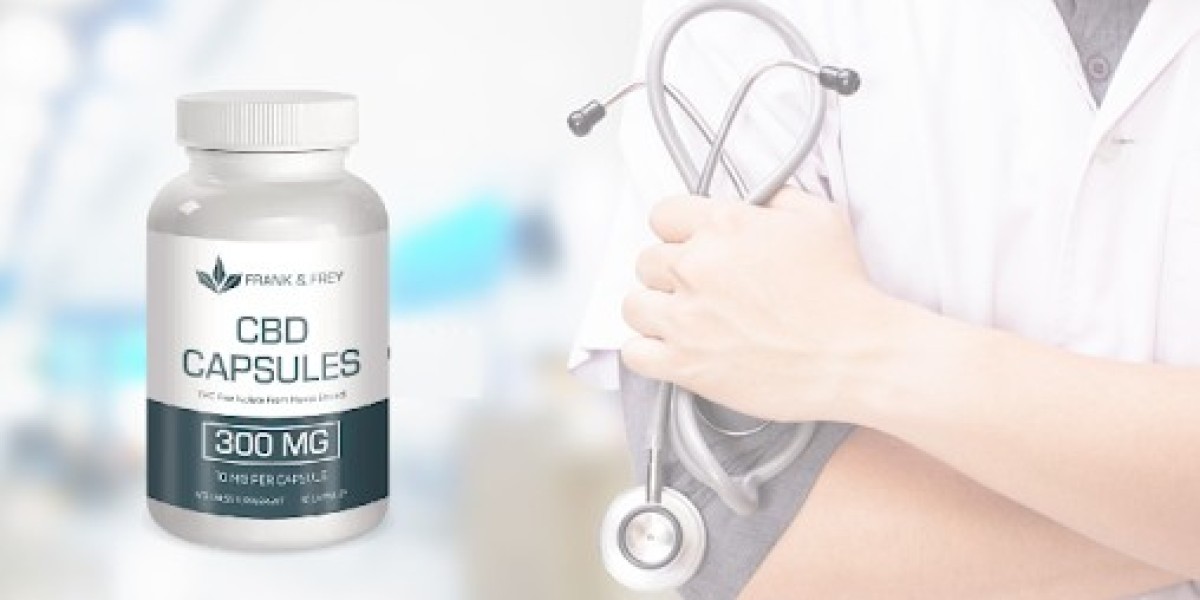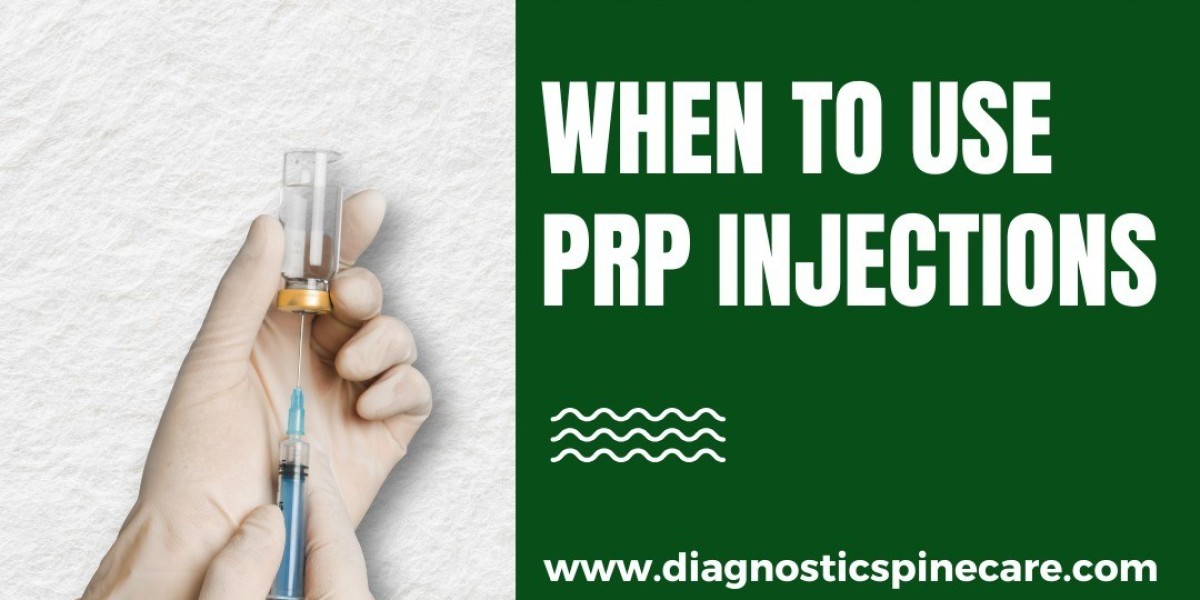Dealing with diarrhea can be uncomfortable, inconvenient, and downright miserable. When it strikes, most people turn to over-the-counter remedies like Pepto Bismol for quick relief. But how well do you really understand what you’re putting into your body? Knowing the Pepto Bismol active ingredient, how it works, and what to avoid can make all the difference in managing symptoms safely and effectively.
In this guide, we’ll explore what Pepto does, when it works (and when it doesn’t), and the dos and don’ts of pairing it with other medications like Imodium.
What Is the Active Ingredient in Pepto Bismol?
The Pepto Bismol active ingredient is bismuth subsalicylate, a compound that provides several therapeutic effects in one:
·
Anti-diarrheal – reduces the frequency of bowel movements
·
·
Anti-inflammatory – soothes intestinal inflammation
·
·
Antacid – relieves upset stomach, heartburn, and nausea
·
·
Antibacterial – kills certain bacteria that cause diarrhea (like E. coli)
·
This multi-action compound is what gives Pepto Bismol its wide usage for various gastrointestinal complaints.
What Does Pepto Do?
Many ask: “What does Pepto do?” In short, it coats the lining of the stomach and intestines, reducing inflammation, binding toxins, and slowing down fluid loss into the digestive tract. It’s commonly used to treat:
·
Traveler’s diarrhea
·
·
Indigestion
·
·
Nausea
·
·
Upset stomach
·
·
Gas and bloating
·
But it’s not a cure-all.
Does Pepto Help with Diarrhea?
Yes, Pepto Bismol helps with diarrhea—particularly mild to moderate, non-infectious cases. It’s especially effective for temporary stomach upsets due to food poisoning, stress, or dietary changes.
However, if symptoms are caused by a bacterial infection requiring antibiotics, or by chronic conditions like IBS, Pepto may not be effective.
What Can I Take for Diarrhea Besides Pepto?
If Pepto isn’t cutting it or you’re looking for alternatives, other OTC options include:
·
Imodium (loperamide) – slows bowel movement and is highly effective for reducing urgency
·
·
Maalox or Mylanta – better for heartburn and gas, not ideal for diarrhea
·
·
Electrolyte drinks – like Pedialyte or sports drinks, to replace lost fluids
·
If you're comparing Maalox vs Mylanta, both contain similar antacid ingredients, but neither directly treats diarrhea.
Can You Take Imodium and Pepto Together?
A common question is: “Can you take Pepto and Imodium together?” or “Can I take Imodium 2 hours after Pepto?”
�� Here’s the truth:
·
It’s generally safe to take Pepto and Imodium together with a time gap of at least 2 hours.
·
·
They work through different mechanisms—Imodium slows gut movement, while Pepto addresses inflammation and toxins.
·
·
However, combining them should only be considered for severe symptoms and not as a routine solution.
·
Always check with your healthcare provider if you're unsure or taking other medications.
When Pepto Bismol May Not Work
Some users find Pepto-Bismol not working for diarrhea, even after several doses. Here’s why it may happen:
·
Viral or bacterial infections not treatable with OTC meds
·
·
Underlying chronic GI issues like Crohn’s or IBS
·
·
Dehydration or poor fluid intake may worsen symptoms
·
·
Improper dosing or combining with contraindicated medications
·
If Pepto is not stopping diarrhea within 48 hours or if you're experiencing high fever, blood in stool, or severe dehydration—seek medical attention immediately.
Dos and Don’ts of Using Pepto Bismol for Diarrhea
✅ DO:
·
Use only as directed (read the label)
·
·
Drink plenty of fluids to stay hydrated
·
·
Space out dosing if taking other GI medications like Imodium
·
·
Monitor symptoms over 24–48 hours
·
❌ DON’T:
·
Use Pepto Bismol for more than 2 days without medical advice
·
·
Give Pepto to children under 12 without doctor approval
·
·
Combine with aspirin or NSAIDs (both are salicylates)
·
·
Ignore signs of more serious illness (bloody stool, high fever, vomiting)
·
Understanding Imodium Ingredients
Imodium’s active ingredient is loperamide hydrochloride, which works differently than bismuth subsalicylate. It slows intestinal movement, allowing the body to absorb more fluids and form firmer stools. It’s ideal for stopping sudden diarrhea but doesn’t treat inflammation or infection.
This is why combining Imodium and Pepto (safely spaced out) can sometimes provide more complete relief.
Final Thoughts
Understanding the Pepto Bismol active ingredient—bismuth subsalicylate on Valrog is key to knowing when it’s the right treatment for diarrhea and digestive upset. It’s a powerful, multi-symptom remedy, but not a one-size-fits-all solution. Always evaluate your symptoms, consider alternative treatments, and speak with a healthcare provider when in doubt.
If Pepto is not working for diarrhea, don’t just keep dosing—there may be a bigger issue that needs attention.
Keywords Recap:
Primary: pepto bismol active ingredient
LSI: does pepto help with diarrhea, what does pepto do, can you take imodium and pepto together, maalox vs mylanta, pepto-bismol not working for diarrhea, can i take imodium 2 hours after pepto, can you take pepto and imodium together, imodium ingredients, what can i take for diarrhea, pepto not stopping diarrhea









foodinfo 7 hrs
informative